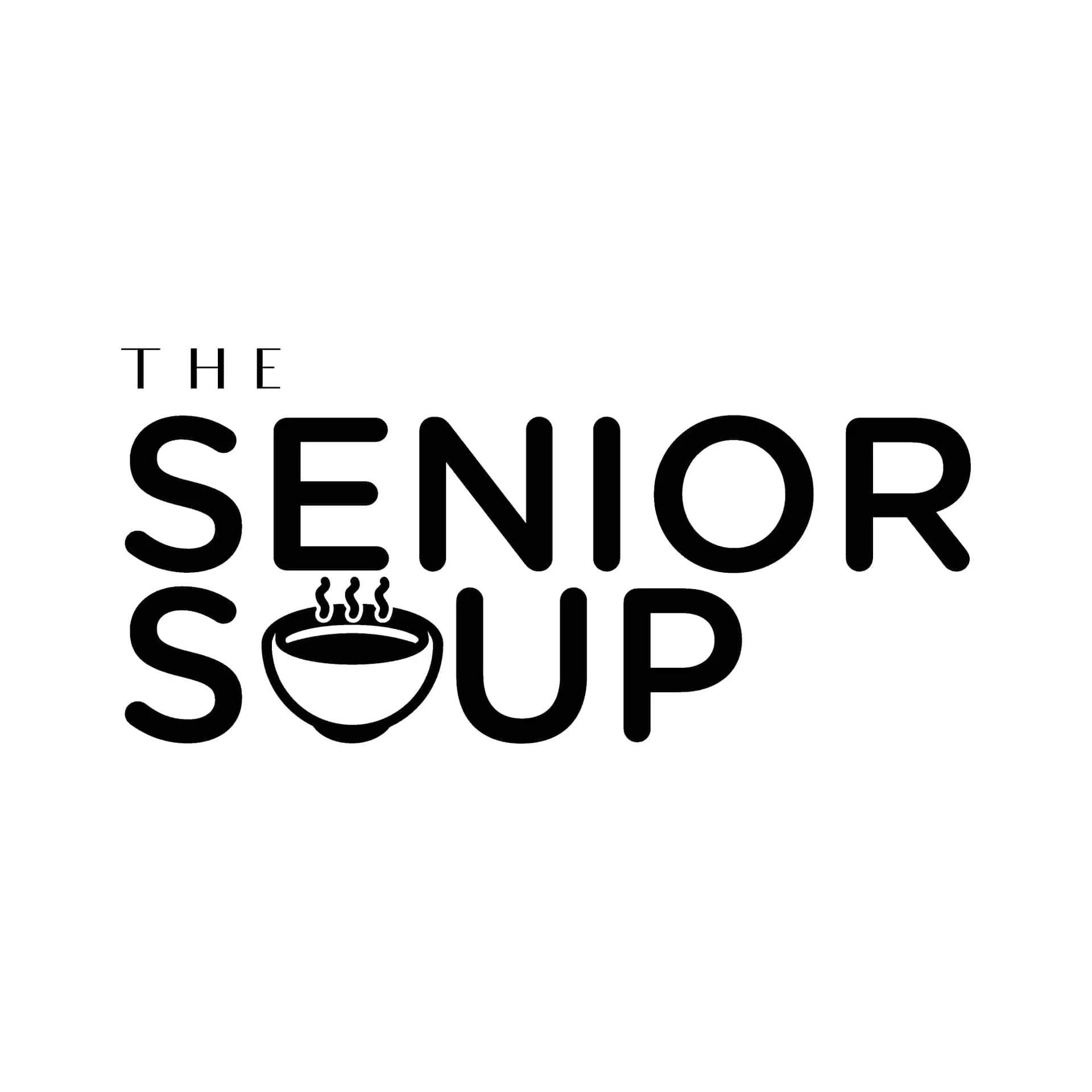On July 2, 2024, Governor Wes Moore announced that Maryland received $4 million in federal funding to advance the state’s healthcare system through the States Advancing All-Payer Equity Approaches and Development (AHEAD) Model.
This funding, provided by the Centers for Medicare & Medicaid Services (CMS), is set to revolutionize healthcare delivery and management in Maryland, focusing on affordability, accessibility, and equity.
How Will The $4 Million AHEAD Grant Help Maryland’s Healthcare System?
1. Greater Access to Primary Care
The AHEAD Model will significantly increase support for primary care providers, ensuring more Maryland residents have access to essential health services, especially those who live in rural areas.
2. Improved Care Coordination
With a focus on coordinated care, Maryland patients will experience more seamless transitions between healthcare services, improving overall care quality.
3. Enhanced Health Equity
The AHEAD model strongly emphasizes reducing health disparities and ensuring that underserved Maryland communities receive the care they need.
4. Healthcare Cost Control
The model aims to control healthcare costs without compromising quality by setting strict spending limits and encouraging efficient care delivery.
What is the AHEAD Model?
The AHEAD Model, introduced by the Center for Medicare & Medicaid Services, is a state-led initiative to improve healthcare while controlling costs.
AHEAD stands for States Advancing All-Payer Equity Approaches and Development.
This model builds on Maryland’s previous efforts to control healthcare costs and improve care quality through its Total Cost of Care (TCOC) Model and All-Payer Model.
Key Objectives of the AHEAD Model
1. Curb Healthcare Cost Growth: Limit healthcare spending to prevent costs from spiraling out of control.
2. Improve Population Health: Focus on overall health improvement across all payers, including Medicare, Medicaid, and private insurers.
3. Advance Health Equity: Reduce disparities in health outcomes, especially for underserved communities.
What’s New with the AHEAD Model?
The AHEAD Model expands beyond the traditional hospital setting to include a broader range of healthcare providers, promoting greater coordination and comprehensive care across the American healthcare system.
This total cost of care model aims to:
- Increase resources for primary care;
- Enhance care coordination among healthcare providers;
- Support underserved patients to ensure equitable access to healthcare services.
The Specifics of the Maryland AHEAD Funding and Implementation
The $4 million grant awarded to Maryland will fund:
- Regional Community-Based Population Health Hubs: These hubs will support local health initiatives and address community health needs;
- Community Grants: Financial support for local projects aimed at improving population health and addressing social determinants of health;
- Statewide Health Screening and Referral Technology: Advanced technology to streamline health-related screenings and referrals across Maryland.
AHEAD Maryland Implementation Timeline
Maryland will begin implementing the AHEAD Model on January 1, 2026.
The preparation and planning phase will ensure that all necessary systems and collaborations are in place for a smooth transition.
Learn More About Maryland’s Healthcare Initiatives
The Maryland Total Cost of Care (TCOC) Model
This healthcare model aimed to save over $1 billion for Medicare by 2023 and primarily focused on hospitals and primary care providers while incentivizing collaboration and coordination among other healthcare stakeholders.
AHEAD Builds on Maryland’s All-Payer Model
Maryland’s All-Payer Model, launched in 2014, established global hospital budgets to control costs and improve care.
The TCOC Model expanded this to include all healthcare providers, promoting better care coordination and patient-centered care.
Greater Access to Primary Care in Maryland
One of the AHEAD Model’s most significant aspects is its focus on increasing access to primary care services.
Here’s how Maryland plans to achieve its primary care goals:
Enhanced Funding for Primary Care Providers
Primary care practices and community health centers will receive additional funding to support advanced primary care services, offering additional resources for hiring staff, improving facilities, and investing in new healthcare technologies.
In Partnership Maryland Primary Care Program (MDPCP)
The Maryland Primary Care Program (MDPCP) is a critical component of the AHEAD Model, designed to incentivize primary care practices and Federally Qualified Health Centers (FQHCs) to provide high-quality, comprehensive care.
Participating practices will receive monthly payments per beneficiary to cover care management services, encouraging them to offer personalized, coordinated care.
Please click this link for a comprehensive list of FQHCs in Maryland.
Performance-Based Incentives
Under the AHEAD program, Maryland primary care practices participating in the MDPCP can earn additional payments based on their performance by:
- Reducing hospitalizations;
- Improving patient care quality and;
- Achieving specific health outcomes for their patients
These incentives motivate primary care practices to focus on preventive care and effective chronic care management.
4. Maryland Primary Care Practice Track 3
On January 1, 2023, CMS added a new track, Track 3, to the Maryland Primary Care Program (MDPCP). This track rewards or penalizes primary care practices based on their cost and quality of care performance.
Participating Maryland primary care practices will receive a flat visit fee and a prospective population-based payment, adjusted based on performance.
Track 3 will end on December 31, 2026.
CMS plans to retire Track 1 of the MDPCP and transition all participants to Track 2 or Track 3 by January 1, 2024.
5. Care Transformation Organizations (CTOs)
Under the Maryland Primary Care Program, care transformation organizations (CTOs) hire and manage care management teams to provide care coordination services to Maryland Medicare beneficiaries.
These teams can include pharmacists, health and nutrition counselors, behavioral health specialists, and social service liaisons. They will assist practices in meeting care transformation requirements and ensure patients receive coordinated, holistic care.
CTOs will play a crucial role in enhancing the capacity of primary care providers to manage complex patient needs effectively. Many organizations can apply to be a CTO, including health plans, ACOs, MSOs, CINs, hospitals, and practice support organizations.
Please click this link to review the 2024 approved list of Maryland Care Transformation Organizations (CTOs) actively participating in the Maryland Primary Care Program (MDPCP) and providing services to partner practices.
6. Focusing on Health-Related Social Needs
The AHEAD Model acknowledges that social factors such as housing, transportation, and access to nutritious food influence health.
Integrating social needs screening and referral technology better equips primary care providers to address social factors, ensuring that Maryland patients receive comprehensive support beyond traditional medical care.
7. Improved Patient Experience
More funding and better healthcare organizations will offer patients better quality primary care in Maryland.
For primary care patients, this means quicker appointments, more attention to individual needs, and a focus on preventing illness, not just treating it.
AHEAD Funding is a Significant Milestone for Maryland’s Healthcare System
Governor Moore’s July 2 AHEAD announcement marks a significant milestone in Maryland’s healthcare journey. The AHEAD Model promises to transform Maryland’s healthcare system by focusing on affordability, accessibility, and equity.
“Maryland is ready to lead on health care. Today, we deepen our commitment to affordability and accessibility – and we hope other states will follow our example,” said Gov. Moore.
“Our state is deeply grateful for the extraordinary collaboration of both our congressional delegation and our community champions, who have rallied the cause for decades. In partnership, we will continue to make Maryland more affordable for all.”
As the AHEAD initiative unfolds, Maryland promises to lead by example and showcase how innovative healthcare models can make a lasting and tangible difference in people’s lives.
Stay tuned to The Senior Soup for more updates and in-depth analyses of Maryland’s healthcare advancements. We aim to keep you informed and empowered to make the best healthcare decisions for yourself and your loved ones.
Ryan Miner, MBA | Co-Founder and Podcast Host | The Senior Soup
Hi, I'm Ryan!
I co-founded The Senior Soup Soup with Raquel Micit in September 2022. Together, we host The Senior Soup Podcast.
I am a community relations manager for Ennoble Care in Maryland, where I am responsible for marketing our home-based primary care healthcare practice.
I have over 15 years experience in healthcare, senior services, senior care, marketing, public policy, and search engine optimization.
I have a MBA from Mount St. Mary's University and a BA from Duquesne University.
- Ryan Miner


